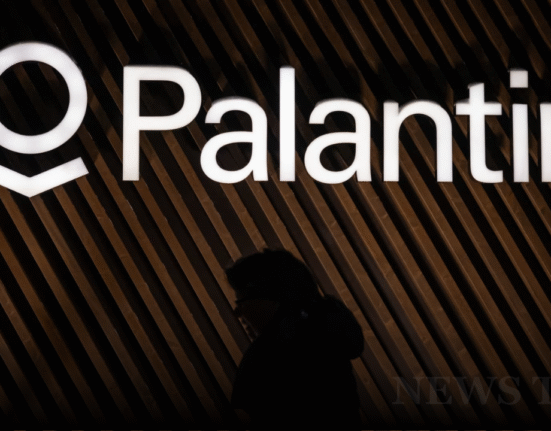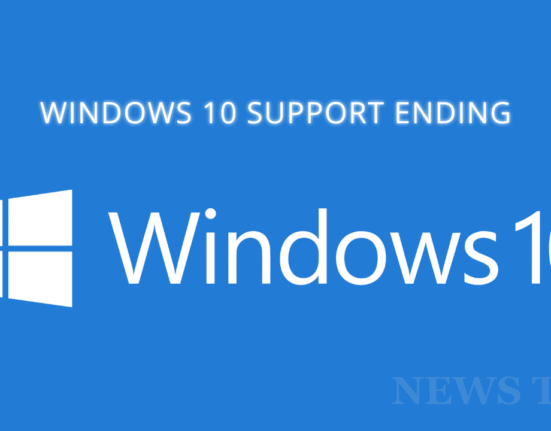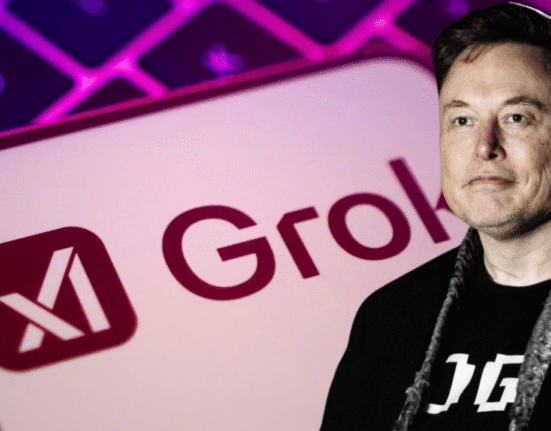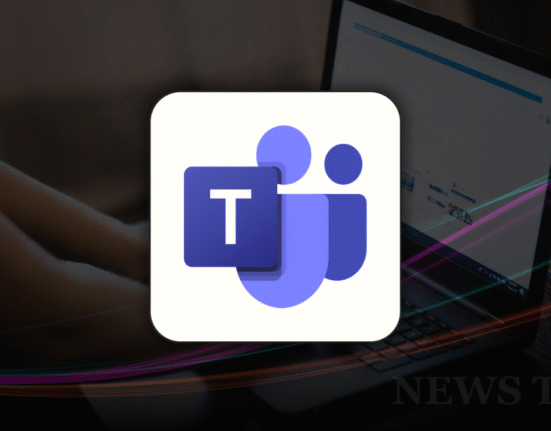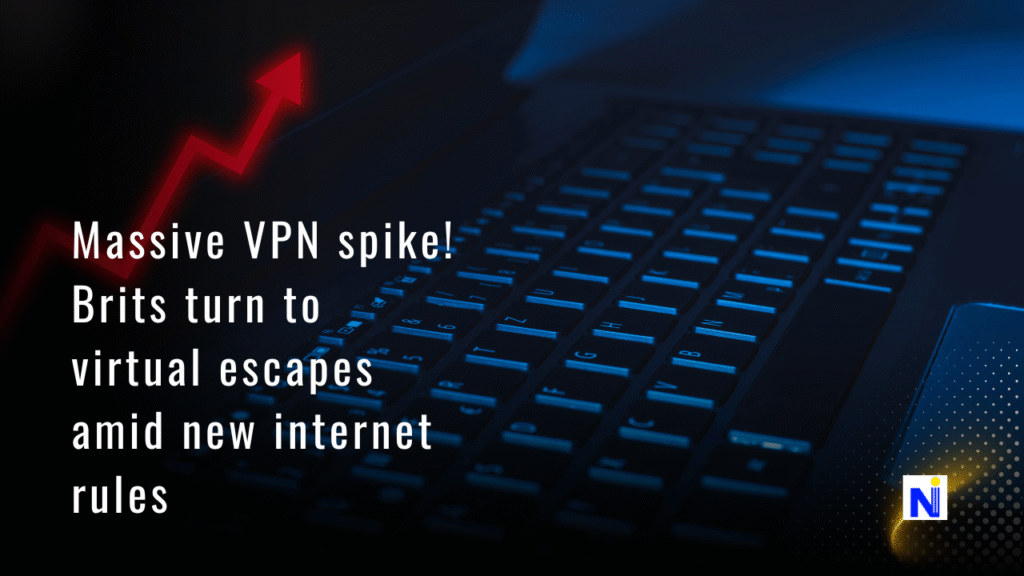
Introduction: When Safety Sparks Rebellion
It was supposed to protect children. But Britain’s newly enforced Online Safety Act has sparked a digital rebellion. As of this weekend, the UK has seen an explosive surge in VPN usage—with some services reporting over 1800% growth in daily signups. Designed to keep harmful content away from under-18s, the law’s strict age verification requirements have instead driven thousands of users to virtual private networks in a bid to preserve their privacy and freedom online.
Let’s dig into why the UK is experiencing this VPN boom, what it means for online safety, and whether this is a moment of digital evolution—or unintended consequence.
The Online Safety Act: What Changed?
The Rulebook:
To comply with the UK’s Online Safety Act, platforms that could host harmful content—think adult websites, forums, or even mainstream platforms like TikTok, Reddit, and X (formerly Twitter)—are now required to:
- Enforce robust age verification systems to block users under 18.
- Prevent access to content related to pornography, self-harm, or suicide.
- Comply with oversight from the Office of Communications (Ofcom), the UK’s media watchdog.
The law, though well-intentioned, is already being criticized for being both overreaching and ineffective.
Ofcom’s Warning:
“Age checks aren’t a silver bullet,” said an Ofcom spokesperson. “Kids previously could stumble across harmful material without even trying. Now, platforms must prove they’re putting serious safeguards in place.”
Failure to comply could lead to enforcement actions, including fines.
VPNs: Britain’s New Digital Escape Hatch
With the new checks in place, many adult users—who find the verification invasive or unreliable—are flocking to VPNs as a workaround.
The Numbers Don’t Lie:
According to Apple’s App Store rankings this past weekend:
- 5 of the top 10 free apps in the UK were VPN services.
- Proton VPN topped the list, surpassing ChatGPT.
- 1800% increase in daily Proton signups.
- NordVPN saw a 1000% rise in UK subscriptions.
Why the Panic?
Let’s be real. The words “age verification” and “government oversight” ring alarm bells for many Brits. There’s a deep-rooted cultural resistance to surveillance—even if it’s for a good cause.
“We usually see these kinds of spikes during civil unrest,” Proton said in a statement. “That tells you something about how Brits feel about these new online laws.”
Even Google Trends data confirms the trend: UK-based VPN search queries spiked 10x over normal levels during peak hours.
What’s a VPN, and Why Is It the Go-To Move?
Quick Breakdown:
A VPN (Virtual Private Network):
- Masks your IP address and geolocation.
- Encrypts your online activity.
- Helps users bypass regional restrictions or blocks.
Think of it like wearing a disguise at a masked ball—only, you’re on the internet.
Why Brits Are Choosing It:
- Avoid age checks without losing access to content.
- Preserve anonymity and personal data.
- Bypass blocked or flagged websites.
For many, it’s not about dodging the law—it’s about preserving their digital rights.
The Privacy vs. Protection Dilemma
This isn’t the first time a safety measure has raised eyebrows.
The Core Tension:
| Privacy | Protection |
|---|---|
| Users want anonymity and freedom online | Government wants to shield minors from harm |
| VPN usage shields identity | Age verification exposes identity |
| Adults feel overregulated | Children are still vulnerable |
The truth is, both sides have valid concerns. And in trying to safeguard children, the UK may be inadvertently encouraging circumvention.
Not Foolproof for Teens Either
Let’s not pretend the system is perfect. Despite the rules, teenagers can and will find workarounds—VPNs being a prime example.
“These checks are easy to bypass if someone really wants to,” says London-based cybersecurity analyst Mel Grant. “All you need is a VPN, and you’re invisible again.”
The Broader Picture: Is the UK Setting a Global Precedent?
The UK is now one of the first democratic nations to enforce such sweeping digital controls.
Other countries—including Australia, Canada, and Germany—are watching closely. If Britain’s approach fails, it could deter similar efforts elsewhere.
But if it succeeds? We might see a global domino effect, with VPN usage booming worldwide.
Where Do We Go From Here?
The reality is, this situation is still evolving. Ofcom is actively monitoring compliance, and more platforms may roll out stronger checks in the coming months.
However, the UK government now faces a choice:
- Double down on enforcement and risk more backlash.
- Loosen restrictions and risk failing to protect vulnerable users.
Meanwhile, the average Brit has already decided: VPNs are their digital passport to freedom.


